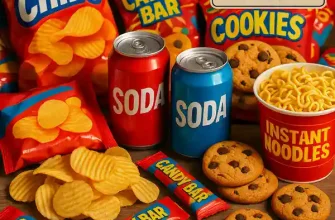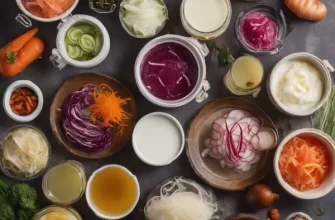Here’s a look at what constitutes healthy habits beyond the commonly recommended practices.
Maintaining a Balanced Diet
It is essential to make well-informed decisions about the food we consume in order to upkeep our overall health. A well-balanced diet encompasses:
- Variety of fruits and vegetables: Rich in vitamins, minerals, and fiber.
- Whole grains: A source of energy and essential nutrients.
- Lean proteins: Important for muscle repair and immune function.
- Healthy fats: Necessary for brain health and energy.
Regular Physical Activity
In addition to organized workouts, routine actions such as strolling, biking, or engaging in gardening can greatly enhance an individual’s well-being through:
- Enhancing cardiovascular health.
- Improving strength and flexibility.
- Reducing the risk of chronic diseases.
Quality Sleep
Adequate sleep is a cornerstone of health:
- Aim for 7-9 hours of quality sleep per night.
- Establish a sleep schedule by going to bed and waking up at the same time every day.
Hydration
Staying hydrated is imperative for bodily functions:
- Drinking enough water daily aids in digestion, nutrient absorption, and detoxification.
Stress Management
Effective stress management techniques include:
- Time management: Prioritizing tasks can reduce anxiety.
- Socializing: Building relationships helps to create a support network.
- Hobbies: Engaging in enjoyable activities can provide relaxation.
Routine Check-ups
Regular health screenings and check-ups help in:
- Early detection of potential health issues.
- Keeping track of health metrics and progress.
Mindful Eating
Eating mindfully involves:
- Paying attention to the food you’re eating.
- Savoring the flavors and textures, which can prevent overeating.
Limiting Intake or Quitting of Harmful Substances
Stopping consumption of:
- Alcohol.
- Tobacco.
Limit:
- Processed foods high in sugar and salt.
Personal Hygiene
Good personal hygiene practices include:
- Regular hand-washing to prevent infections.
- Dental care to maintain oral health.
Continuous Learning and Mental Stimulation
Keeping the brain engaged by:
- Reading.
- Learning a new skill.
- Engaging in puzzles or games that challenge your mind.
In conclusion, a holistic approach to health involves a range of behaviors and lifestyle choices. These habits collectively form a robust framework for not only preventing disease but also for enhancing the quality of life. Integrating these habits into one’s daily routine can lead to significant improvements in health and well-being.








